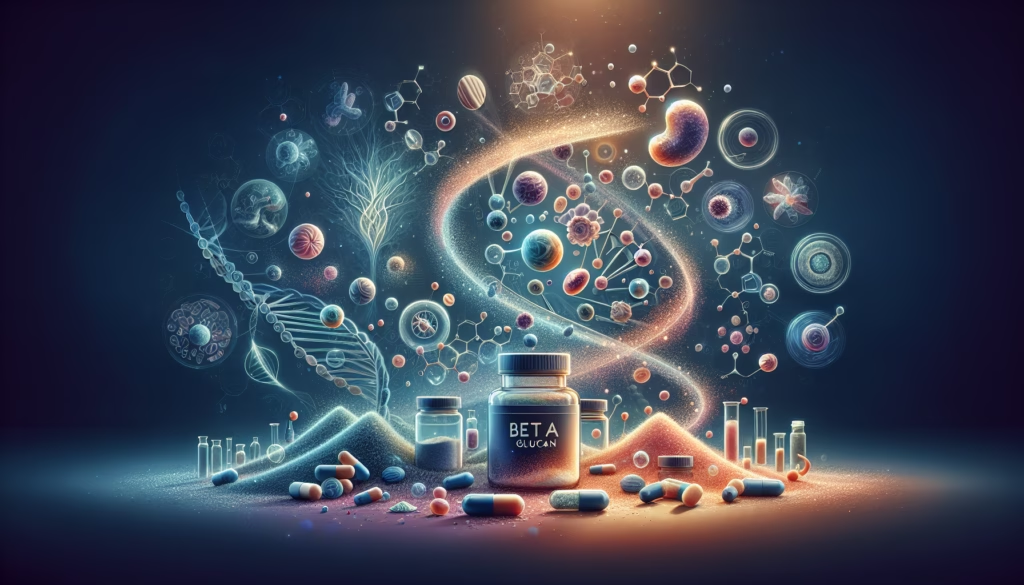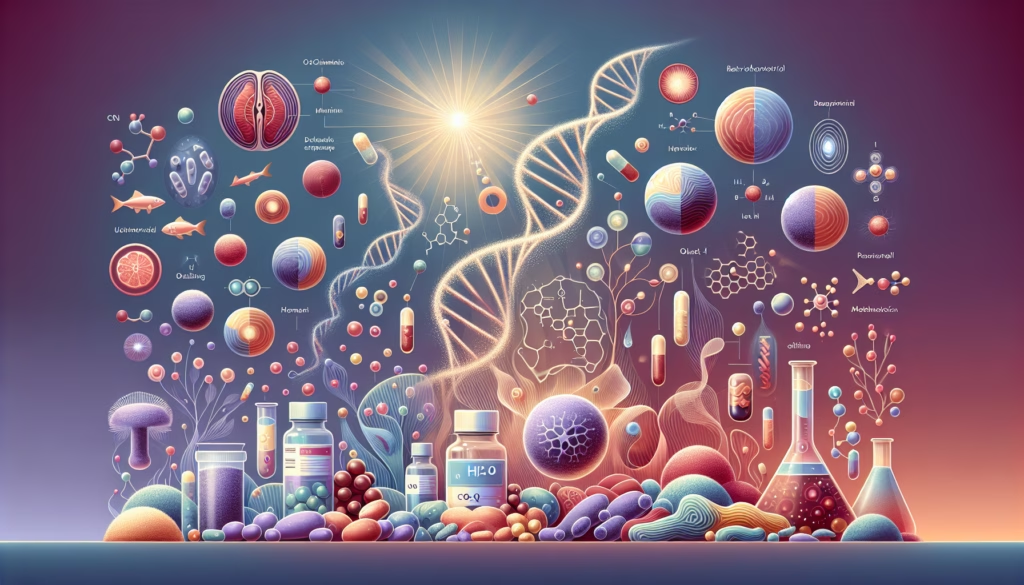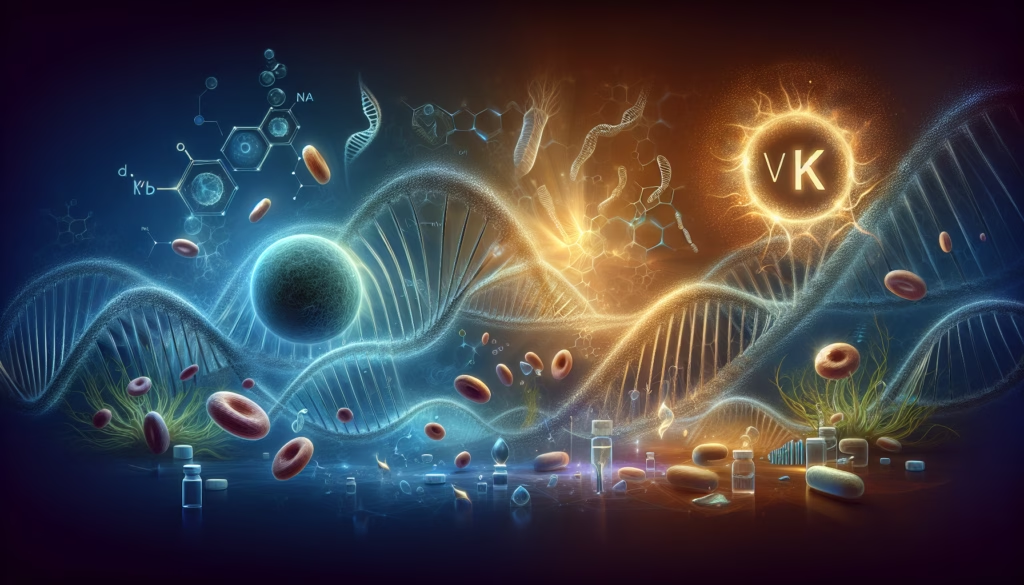
Beta Glucan
Discover the science-backed potential of beta glucan as an adjunct in cancer therapy. This post delves into the latest research
Click 
Theanine, an amino acid found predominantly in green tea, has been studied for its potential anticancer effects. We’ll look at the current research on theanine’s role in cancer therapy, focusing on its impact on various types of cancer cells and its mechanisms of action.
Lung Cancer and Leukaemia: Theanine has been shown to significantly suppress the growth of human lung cancer (A549) and leukaemia (K562) cells in vitro and ex vivo. It also inhibits the migration and invasion of A549 cells, which are crucial steps in cancer metastasis1.
Liver Cancer: Theanine induces apoptosis in HepG2 liver cancer cells, particularly when combined with glutamine deprivation. This suggests that theanine may be effective in targeting liver cancer cells by disrupting their metabolic pathways3.
Prostate Cancer: Recent studies indicate that theanine can suppress invasion, migration, and affect multiple cancer pathways, making it a promising candidate for antimetastatic therapy in prostate cancer2.
Enhanced Anticancer Activity: Theanine enhances the effectiveness of certain anticancer drugs by reducing cell viability and migration rates. This synergistic effect suggests potential therapeutic applications in combination with existing cancer treatments14.
Influence on Cancer Pathways: Theanine influences multiple signalling pathways involved in cancer progression, including EGFR, VEGFR, Met, Akt/mTOR, and others. This broad impact on cancer cell biology supports its potential as an anticancer agent24.
Apoptosis Induction: Theanine induces apoptosis in cancer cells through the mitochondrial pathway, involving caspase activation and release of apoptosis-inducing factors3.
Metabolic Interference: Theanine’s interaction with glutamine metabolism can enhance its anticancer effects, particularly under conditions of glutamine restriction3.
Synergistic Effects: Theanine’s ability to enhance the efficacy of other anticancer agents makes it a promising adjuvant therapy14.
Theanine’s anticancer properties, demonstrated through its effects on cell proliferation, apoptosis, and metastasis, make it a valuable compound for further research in cancer therapy. Its potential to enhance existing treatments and its influence on key cancer pathways highlight its therapeutic potential in metabolic therapy approaches.
Clinical studies suggest that a dosage range of 100 mg to 400 mg per day of Theanine is generally well tolerated. However, specific recommendations for cancer treatment contexts have yet to be established due to insufficient clinical trial data.
Colorectal Cancer, Leukemia, Liver Cancer, Lung Cancer, Prostate Cancer, Skin Cancer (including Melanoma)
Theanine is generally considered safe, but it can cause some mild side effects, especially when taken in high doses. Common side effects include:
Headache: Some individuals may experience headaches, which are usually mild and temporary17.
Nausea and Vomiting: These gastrointestinal issues are more likely if theanine is taken on an empty stomach27.
Diarrhoea: This is another gastrointestinal side effect that can occur, particularly with higher doses27.
Dizziness: High doses may lead to dizziness in some individuals7.
Loss of Appetite: Some people report decreased appetite when taking theanine34.
Metallic Taste: A few cases of metallic taste have been reported3.
For therapeutic outcomes, doses of up to 900 mg daily have been used safely for short periods (up to 8 weeks)1. However, the side effects are generally more pronounced at higher doses. For example, extreme high doses (e.g., 29 mg/kg/day) can lead to liver toxicity4. Most therapeutic studies use doses between 200 mg and 400 mg per day, which are typically well-tolerated8.
Theanine can interact with certain medications, such as antihypertensive drugs and sedatives. It may lower blood pressure and enhance sedative effects, so caution is advised when combining it with these medications15.
While theanine is generally safe, it is important to monitor side effects, especially when using higher doses for therapeutic purposes.
Consulting with a healthcare provider is recommended, especially if you are taking other medications or have underlying health conditions.
Theanine with Doxorubicin: Studies have shown that theanine enhances the antitumor activity of doxorubicin by increasing its intracellular concentration, thereby inhibiting hepatic metastasis more effectively than doxorubicin alone2.
Theanine with Other Anticancer Agents: Theanine has been found to enhance the anticancer activity of drugs like trichostatin A, berbamine, and norcantharidin by reducing cell viability and migration rates in lung cancer cells1.
Theanine with Fluvoxamine for OCD: Clinical trials have demonstrated that L-theanine, when combined with fluvoxamine, significantly improves obsessive-compulsive disorder (OCD) symptoms, particularly in the obsession subscale, compared to fluvoxamine alone356.
Theanine’s ability to enhance the effects of other therapeutic agents makes it a promising component in combination therapies across different medical fields, including oncology and psychiatry. However, further research is needed to fully explore its potential in various therapeutic contexts.
– US National Library of Medicine research on Theanine
– Europe PMC research on Theanine
– Pubmed research on Theanine
Other Resources:
1 Effects of theanine on growth of human lung cancer and leukaemia cells.
2 Theanine, stress, anxiety and cancer: Review.
3 Theanine, an antitumor promoter, induces apoptosis of tumour cells.
4 Theanine and cancer: A systematic review of the literature.
The quality of life impact of taking theanine can be significant, particularly in areas related to mental health, cognitive function, and sleep quality.
Here are some potential benefits:
Reduced Anxiety and Stress: Theanine has been shown to reduce stress-related symptoms and anxiety levels, promoting a sense of relaxation without causing drowsiness178.
Improved Mood: It may help improve mood by influencing neurotransmitters like serotonin and dopamine, which are crucial for emotional well-being37.
Enhanced Focus and Attention: When combined with caffeine, theanine can improve focus and attention, making it beneficial for tasks requiring mental clarity8.
Cognitive Performance: It may enhance certain aspects of cognitive function, such as executive function and verbal fluency, although results can vary16.
Better Sleep: Theanine can improve sleep quality by promoting relaxation and reducing sleep latency, which is beneficial for individuals with insomnia or sleep disturbances158.
Relaxation and Calmness: The ability of theanine to induce relaxation without sedation can improve overall well-being, making it easier to manage daily stressors24.
Potential Immune System Support: Some studies suggest that theanine may boost the immune system, which could further enhance quality of life by reducing the incidence of illnesses8.
Theanine can positively impact quality of life by reducing stress and anxiety, improving sleep, enhancing cognitive functions, and potentially supporting immune health. However, individual responses may vary, and more research is needed to fully understand its long-term effects.
We’ve done our best to include as much information as possible for this supplement.
If you have any other questions, please send us a message or join our Skool Group and ask our knowledgeable and friendly community.
Theanine is readily available in the UK and other countries as a dietary supplement without a prescription. It can be purchased from health food stores, pharmacies, and online retailers.
While specific resistance mechanisms to theanine itself are not well-documented, research on its effects in cancer cells provides insights into how cancer cells might develop resistance or why theanine is more effective in certain contexts.
Chemoresistance in Lung Cancer: Theanine has been shown to improve chemoresistance in lung cancer cells by targeting pathways involved in drug resistance, such as the STAT3/NOTCH1/BMAL1 signalling pathway234. However, this suggests that resistance could potentially develop if these pathways are altered or if cells adapt to the effects of theanine.
Cell-Specific Effects: The anticancer activity of theanine is cell-type specific, with more pronounced effects on certain cancer cells like HepG2 and HeLa compared to others5. This specificity might indicate that some cancer cells are inherently more resistant to theanine’s effects.
Glutamine Metabolism: The anticancer activity of theanine is potentiated by glutamine deprivation5. Cells that adapt to survive under conditions of glutamine restriction might develop resistance to theanine’s effects.
While some preclinical studies suggest potential anti-cancer effects of Theanine in vitro, these findings are preliminary and require further investigation. More robust preclinical studies are needed to elucidate Theanine’s mechanisms of action in cancer cells.
At the time of writing, there are no actively recruiting clinical trials specifically investigating Theanine as a primary treatment for cancer. This highlights the need for more research in this area. For ongoing trials, refer to clinicaltrials.gov.
No specific genetic markers have been identified in peer-reviewed research that predict response to Theanine in the context of cancer treatment. This represents an area for potential future investigation.

Discover the science-backed potential of beta glucan as an adjunct in cancer therapy. This post delves into the latest research

Explore the emerging world of hydrogen gas (H₂), also known as Brown Gas, and its remarkable potential as an adjunct

Explore the latest scientific insights into vitamin K2 and its promising role in cancer therapy. In this comprehensive blog post,
Apoptosis, or programmed cell death, is a natural process where cells self-destruct when they are damaged or no longer needed. This is crucial for maintaining healthy tissues and preventing diseases like cancer.
Drugs and supplements that induce apoptosis help eliminate cancerous cells by triggering this self-destruct mechanism, ensuring that harmful cells are removed without damaging surrounding healthy tissue.
Understanding and harnessing apoptosis is vital in the fight against cancer, as it targets the root cause of the disease at the cellular level.
Cell proliferation is the process by which cells grow and divide to produce more cells. While this is essential for growth and healing, uncontrolled cell proliferation can lead to cancer.
Drugs and supplements that inhibit cell proliferation help prevent the rapid multiplication of cancerous cells, slowing down or stopping the progression of the disease.
By targeting the mechanisms that drive cell division, these treatments play a vital role in controlling and potentially eradicating cancer.
Cancer cells often hijack specific biological pathways to grow and spread. Drugs and supplements that target these pathways can disrupt the cancer cell’s ability to survive and multiply.
By focusing on the unique mechanisms that cancer cells use, these treatments can be more effective and cause fewer side effects compared to traditional therapies.
Targeting specific pathways is a key strategy in precision medicine, offering a tailored approach to combat cancer at its core.
Angiogenesis is the process by which new blood vessels form, supplying nutrients and oxygen to tissues. Cancer cells exploit this process to fuel their growth and spread.
Drugs and supplements that inhibit angiogenesis can effectively starve cancer cells by blocking the formation of these new blood vessels.
By cutting off the supply lines that tumors rely on, angiogenesis inhibitors play a crucial role in controlling and potentially shrinking cancerous growths.
Immunotherapy harnesses the power of the body’s immune system to combat cancer. By boosting or restoring the immune system’s natural ability to detect and destroy cancer cells, immunotherapy offers a targeted and effective approach to treatment.
Drugs and supplements that support immunotherapy can enhance the immune response, making it more efficient at identifying and attacking cancer cells.
This innovative approach not only helps in treating cancer but also reduces the risk of recurrence, providing a powerful tool in the fight against this disease.
Inflammation is the body’s natural response to injury or infection, but chronic inflammation can contribute to the development and progression of cancer.
Drugs and supplements with anti-inflammatory properties help reduce inflammation, thereby lowering the risk of cancer and other chronic diseases.
By targeting the inflammatory processes, these treatments can help maintain a healthier cellular environment and prevent the conditions that allow cancer to thrive.